Brissie man in Spain says COVID-19 ‘hit like a hurricane’
Brisbane’s Gordon O’Keeffe now lives in Spain, which has the fifth highest number of COVID-19 cases in the world. Read how his family coped during a strict 12-week lockdown he likened to a “zombie apocalypse”.
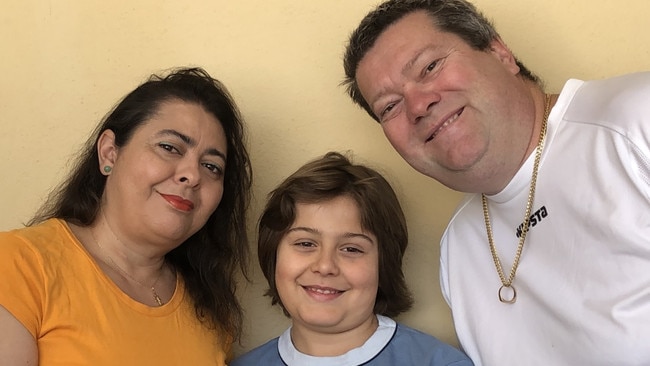
North
Don't miss out on the headlines from North. Followed categories will be added to My News.
A Brisbane man living in Spain, which has the fifth highest number of coronavirus cases in the world, says the pandemic hit “like a hurricane” and likened its aftermath to a “zombie apocalypse”.
Spain had two confirmed cases of coronavirus on February 15, and the first death was recorded on March 3. By March 17 (according to worldometer) there were 11,826 confirmed cases and on March 26 there were 8271 new cases in one day.
Brissie man reveals reality of living in Sweden during pandemic
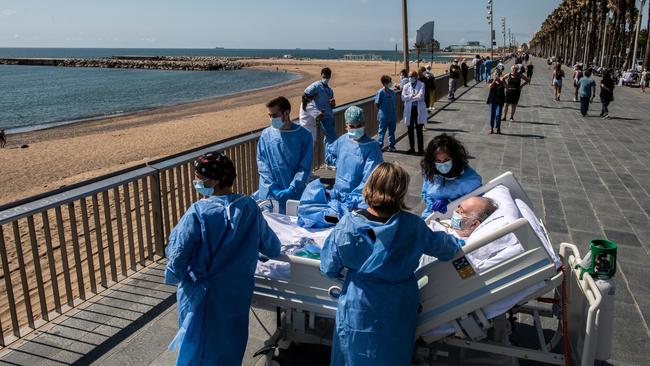
Four months later, on June 10, the country has recorded 289,046 cases and 27,136 deaths – the sixth highest number of deaths worldwide. There are still almost 65,000 infected patients, of which 617 are critical or serious.
Gordon O’Keeffe, formerly of Shorncliffe in Brisbane’s north, has lived in Benalmadena in Andalusia since 2003. The southern Spanish province has recorded more than 12,700 cases of COVID-19 and about 1400 deaths.
Mr O’Keeffe said he, like everyone else, was “super scared” of catching the virus.
“The coronavirus hit here like a hurricane and then in waves, bigger every week till we hit thousands of deaths per day,” he said.
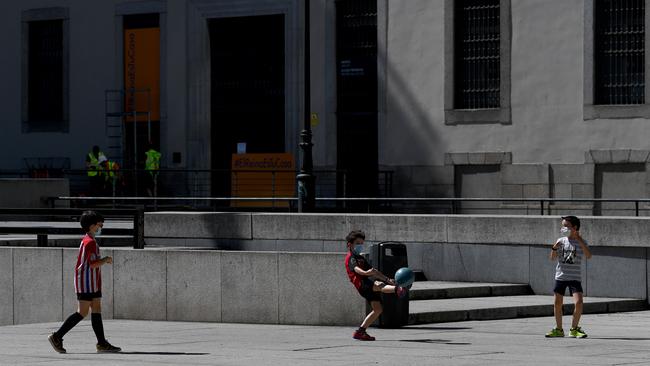
“In our local area we had three deaths in the first week of lockdown, which was terrifying.
“We started to see loads of people dying in our big cities, Madrid, Barcelona and Malaga (which is our closest city, 20km away).
“Lockdown was implemented in early March, which meant you were allowed out if you were an essential worker and to shop, and visit the doctor or hospital.
“Fines for disobeying this were 600 euros (about $A971) or you were arrested.
“Our streets were empty, we referred to it as the zombie apocalypse. It’s quite strange seeing nothing about on the streets – no cars, no bikes, no-one walking, completely empty.”
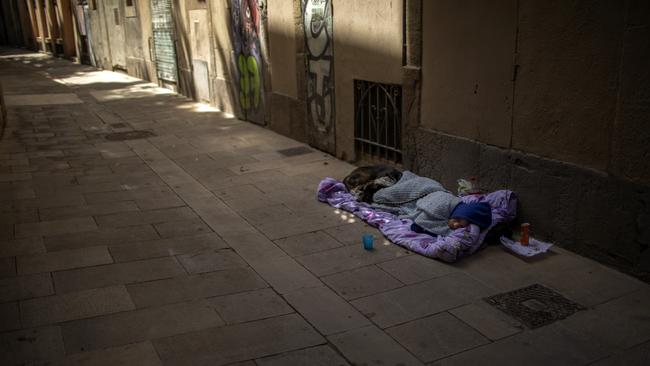
Despite seeing media reports of so many people dying in the country, Mr O’Keeffe said he only knew two people who had been diagnosed with coronavirus – a 45-year-old friend and her 12-year-old son.
“They had the virus at the end of February. They described it as having a super bad flu and they recovered within two weeks.”
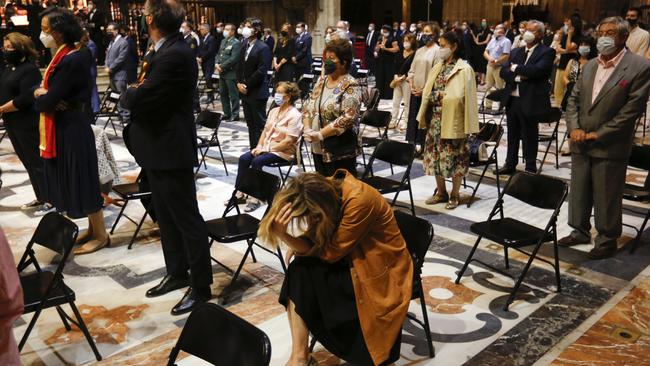
Mr O’Keeffe, wife Maria and 10-year-old son Liam have recently come out of a 12-week countrywide lockdown.
“Last week was the first time we could leave the house for exercise – going for walks, biking etc.
“If I could describe the feeling of not being allowed out during lockdown, it’s surreal, like your freedom has been removed.
“Not seeing any friends apart from online. Maria is Spanish and is very close to her family and she couldn’t see them for the 12 weeks.
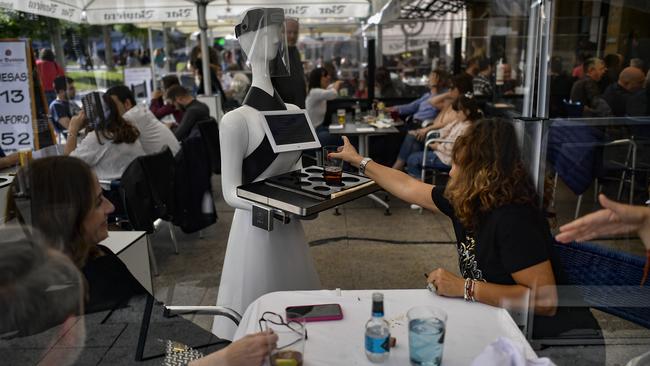
“You just have to soldier on.
“We have watched loads of Netflix, Amazon Prime, HBO and YouTube videos.
“We have a nice sun terrace upstairs so we exercised up there when the weather was good - sit ups, star jumps etc.
“Maria likes to cook, so we had great meals all the time, baking bread, making pastries, biscuits and cakes, which of course involved our son helping.
“The house was spotless all the time as we had loads of time for cleaning and sorting the house out.”
Schools were closed during the 12-week lockdown so Liam was home schooled during that time.
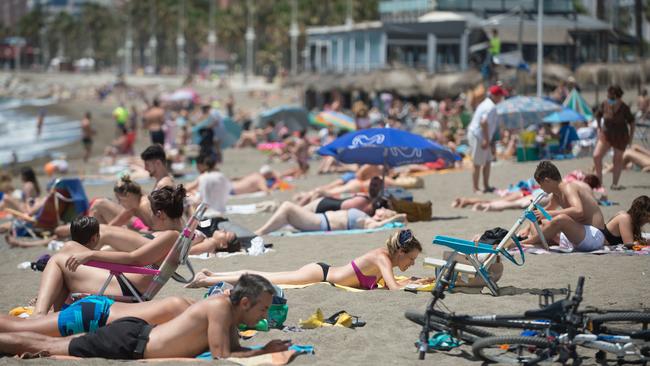
Mr O’Keeffe said there were a few days of panic buying at the start of the lockdown, “but within a week it was back to normal”.
“We always had to wear disposable gloves and masks when out and around in public areas.
“I’d say there was a pretty good feeling and response by the Spanish public to lockdown, only a very small percentage were disobeying lockdown regulations.”

Mr O’Keeffe said his wife works at Malaga Airport so was regarded as an essential worker. He, a professional chef, was not.
“I was meant to be starting a new job on the 16th of March, but coronavirus stopped all bars and restaurants from opening, so I had no job.
“I suffered financially as I had bills to pay. Maria’s mother lent me money until lockdown regulations relaxed on phase two. I started my new job last week.”
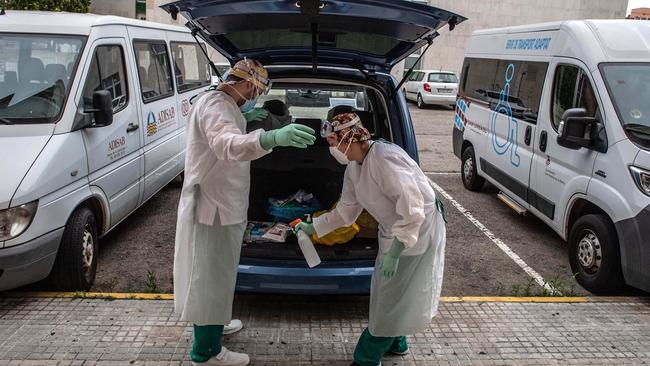
Mr O’Keeffe said he thought the Spanish people had coped well with the virus and the lockdowns, regulations and enforcement officials.
“At 8pm every day we all went out to the balcony, as did loads of all our neighbours in our urban area to cheer, applaud and wolf whistle for all our emergency services here.”
According to worldometer, the number of daily new cases in Spain has drastically reduced, with figures ranging between 201 and 394 since May 31.


